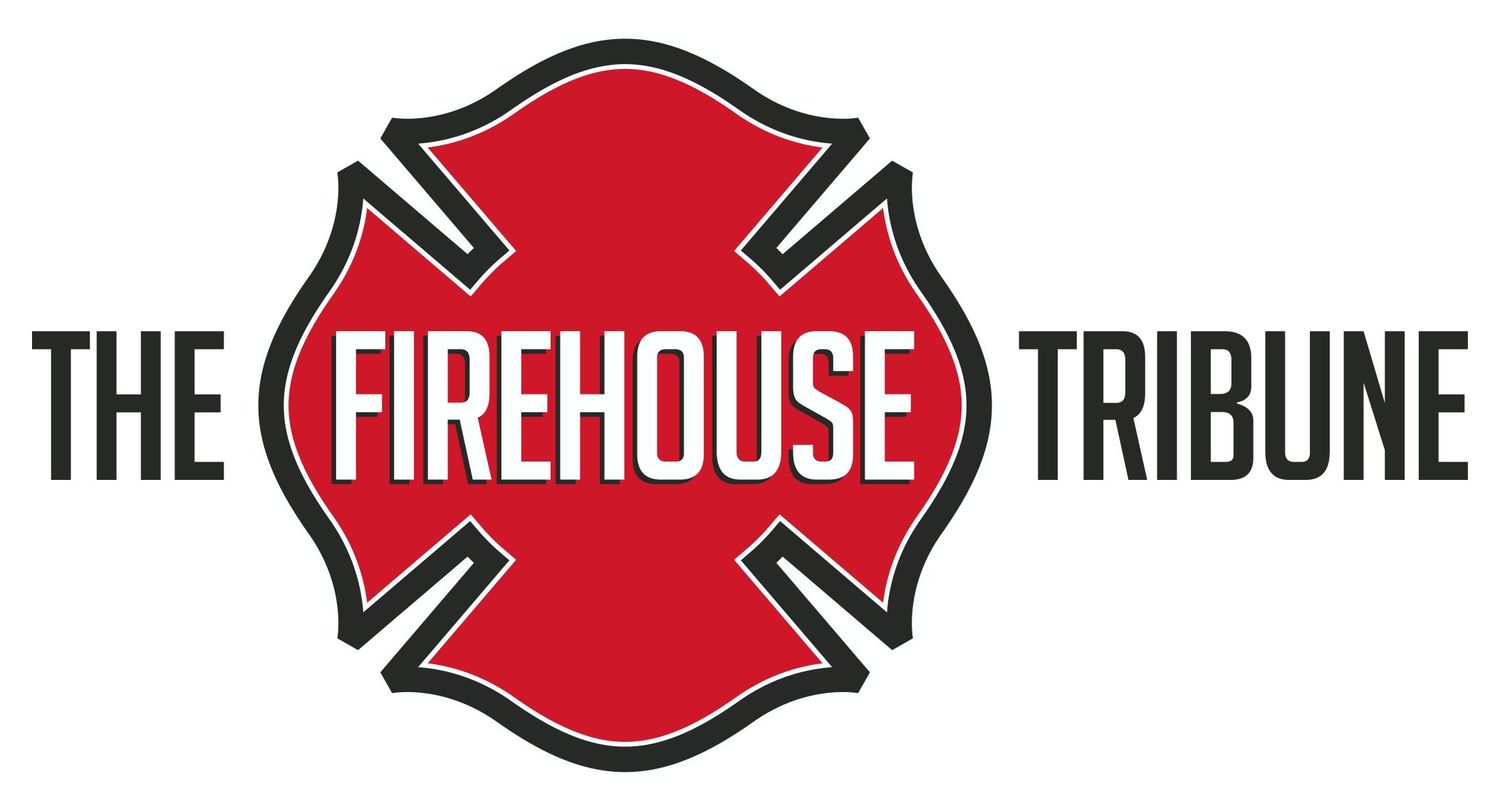New Year New Position
The beginning of a new year often brings transition in the fire service. So before I begin, let me congratulate you on your new position. You're now a boss, the guy riding the front seat making decisions. It's more than just playing with the sirens and sitting upfront; your decisions not only impact your crew but the outcome of the incident. Whether you got your new officer position by vote, promotional exam, or appointment, there are a few simple things you can do to make your job a little easier.
STUDY UP
Just because you've reached an officer's position doesn't mean you know it all. Training should never stop; the fire service is constantly changing. Train with your company and show the crew you're not scared to engage in drills, whether hands-on or round table discussion. I've learned that the higher you move up the ranks, the fewer hands-on courses you're taking. You 100% still need to take hands-on training courses; however, it's time to start looking into the lectures. Classes focus on being an officer, such as fire officer, instruction, building construction, incident command system, and fire investigation. These courses all include officer development and will make you a better officer.
Goals
Something simple yet effective set a goal list. No one likes a new officer who comes in trying to rule with an iron fist. In fact, you should never rule with an iron fist, but you should try to better your company and department. Think about your position, and set realistic goals over a span of time. Start small and work your way up to bigger goals. No one needs to know your goal list. Keep it to yourself as motivation to leave the job better than how you found it.
Build relationships
A lot of firefighters have social media pages that you can use to your benefit. Check their pages, read their articles, and reach out to them with any questions; I promise they will help you out. Fellow officers in your department or surrounding area are also great for feedback. When you are on mutual runs or even fire department functions, build relationships, introduce yourself. Training doesn't always have to come from classes. It can come from discussions with people you meet. So build relationships with other firefighters and talk about the job with them.
Senior Man
In addition to using peers in the same position as you, utilize the senior man. Often the senior man is the chauffer of the rig, which is great for responding to incidents. When I was in my first year as a lieutenant, our senior man was my go-to guy for advice. Often, when responding to a call and dispatch would update us, I could look over to my left, and he would guide me into making the right decision on what to do next. Sometimes the senior man is riding the backstep and can be useful to you with on-scene operations. Just because you're in an officer's position doesn't mean it's above you to ask for advice. They'rethe senior guys for a reason, they've been around, and they've seen a thing or two, so use them as a resource.
In closing, I would like to bring up a few more things to remember. Always remain professional; now you're in the eye of not only commissioners and chiefs but the public. Just because you're an officer doesn't mean you still can't be a friend. You have to know when to separate the two. I wish I used this advice in the early stages of my officer ranks, but I've used it over the last few years, I've talked to other officers, and I feel it's made me a better officer today. My social media info is at the bottom of this article. Feel free to drop me a message; I'm more than willing to share ideas and hopefully learn new ideas as well! Stay safe!
"Learn every day, and use what you learn."
Twitter: @MarchianoTom
Instagram: Firemantom193

